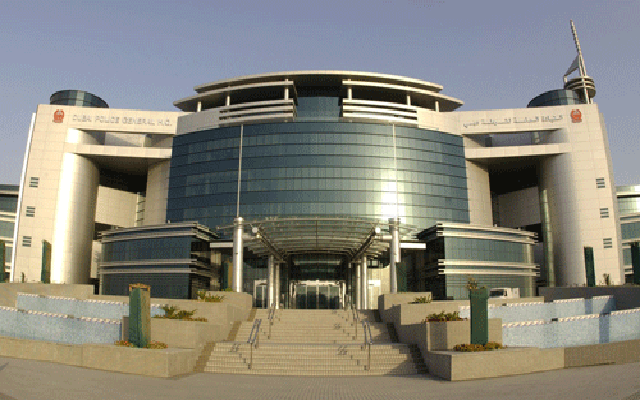Despite recent efforts to curb human trafficking in the country, the United Arab Emirates (UAE) has not accurately addressed the factors that contribute its prevalence. The Dubai Police have recently launched a new phone and computer app in order to combat human trafficking in the emirate. The app allows victims of human or sex trafficking to immediately report their situations to the Dubai police, and is the first of its kind in the region. In order to successfully use the app, victims must enter personal information, including their identification number and email address. After describing the type of assistance they require, victims will then receive a confirmation message and reference number, alerting them that the police have logged their complaint. Brig. Dr. Mohammed Al Murr, Director-General of the General Directorate of Human Rights at Dubai Police stated the purpose of the app was “so that police officials could reach out and provide [victims] with assistance, including legal support.” In addition to utilizing the app, human trafficking victims can also call the Dubai Police using the designated hotline or email their human trafficking department directly to lodge a complaint .
While the creation of the app signals that the Dubai Police force understands the gravity of the crime of human trafficking, the app contains many flaws that hinder its efficacy. First, the app is not widely accessible to victims of human trafficking. Second, many victims reside in the country illegally; they therefore do not have an identification number, and many are reticent to expose their illegal residency to the authorities. Third, the app places much of the agency on the victims themselves, relying on them to self-identify instead of teaching the general public to recognize and combat human trafficking.
The scope of the new app is not wide enough to have a significant impact. While the emirate of Dubai is a hub of human trafficking in the UAE, it is not the only emirate that needs to address this problem. Abu Dhabi and to a lesser extent Sharjah, also need to bolster their responses to human trafficking in order to curb the practice in the UAE. The scope of the new app is limited to the Dubai Police force, which only has jurisdiction in Dubai. Thus, the app fails to help victims in the six other emirates in the UAE.
Many victims of human trafficking do not have access to smart phones or computers, which are essential to using the app. If victims do arrive in the UAE with such devices, their employers usually confiscate them upon arrival. Confiscating devices, as well as passports, is one of the first ways traffickers and employers trap their victims. The isolation makes it difficult for the victims to alert anyone, especially the authorities, about their situations.
If some victims are able to access the app through a phone or a computer, many are unlikely and afraid to admit that they are in the UAE illegally for fear of reprisal. Working without a valid visa leaves trafficking victims vulnerable to arrest, prosecution, and deportation. There is a demonstrated history in the UAE of authorities failing to accurately identifying human trafficking victims from criminals breaking the tenants of the kafala system of sponsorship-based employment that tethers one’s visa to their employer. Often, instead of treating those without visas as victims of trafficking, the UAE jails and subsequently deports them for illegal residency.
This lack of accurate victim identification has, in part, led to the UAE believing it is winning the fight against human trafficking. The UAE has touted its commitment to curb human trafficking for years. The government supports these claims by stating that the number of human trafficking convictions and victims has decreased over the past several years. However, a lack of convictions does not guarantee a lack of traffickers or trafficking victims. There are about eight million migrant workers in the UAE, many of whom are unregistered and working illegally. For only 17 cases of human trafficking to be registered in 2015 does not suggest that human trafficking does not exist; rather, it indicates that the UAE is not doing enough to identify traffickers and their victims.
Due to the difficulty many trafficking victims will have in accessing the app, the Emirate of Dubai and the Emirati government as a whole should not infer that human trafficking has been successfully curbed based on complaint numbers alone. Instead of relying on victims to self-identify, the Emirati police forces should focus more on identifying and eradicating the factors that allow human trafficking to thrive in the country. The government should conduct more inspections of work sites to ensure that all workers have access to their passports and are registered. In addition, unregistered workers need to be treated as victims, and not as criminals. The Government of the UAE must also ensure that its law enforcement officials adhere to and enforce the legislation in place regarding human trafficking and labor standards. Until the government addresses the causal factors of human trafficking, identifying a few victims through technological means will not eradicate the widespread phenomenon.
Brittany Hamzy is an Advocacy Fellow at ADHRB.





